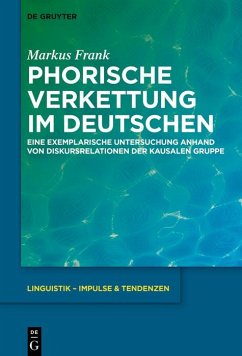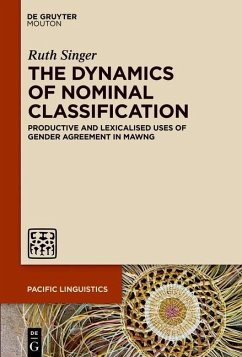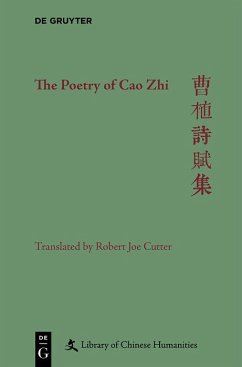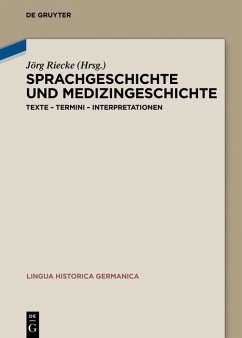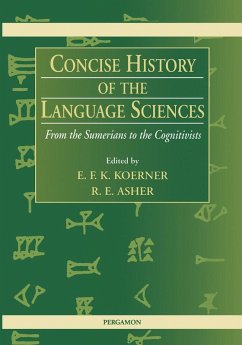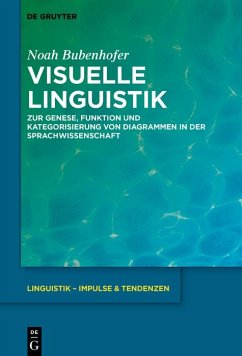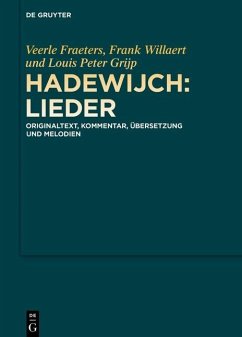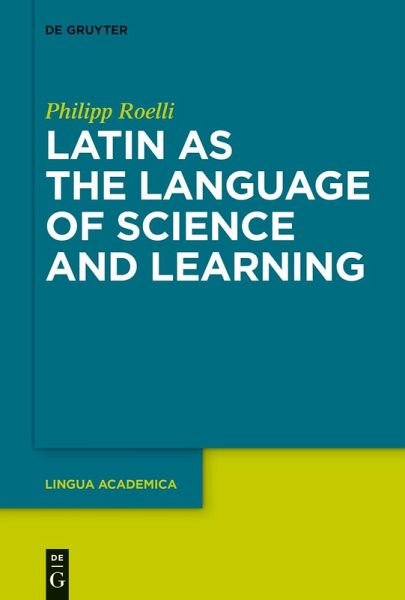
Latin as the Language of Science and Learning (eBook, PDF)

PAYBACK Punkte
0 °P sammeln!
This book investigates the role of the Latin language as a vehicle for science and learning from several angles. First, the question what was understood as 'science' through time and how it is named in different languages, especially the Classical ones, is approached. Criteria for what did pass as scientific are found that point to 'science' as a kind of Greek Denkstil based on pattern-finding and their unbiased checking. In a second part, a brief diachronic panorama introduces schools of thought and authors who wrote in Latin from antiquity to the present. Latin's heydays in this function are...
This book investigates the role of the Latin language as a vehicle for science and learning from several angles. First, the question what was understood as 'science' through time and how it is named in different languages, especially the Classical ones, is approached. Criteria for what did pass as scientific are found that point to 'science' as a kind of Greek Denkstil based on pattern-finding and their unbiased checking. In a second part, a brief diachronic panorama introduces schools of thought and authors who wrote in Latin from antiquity to the present. Latin's heydays in this function are clearly the time between the twelfth and eighteenth centuries. Some niches where it was used longer are examined and reasons sought why Latin finally lost this lead-role. A third part seeks to define the peculiar characteristics of scientific Latin using corpus linguistic approaches. As a result, several types of scientific writing can be identified. The question of how to transfer science from one linguistic medium to another is never far: Latin inherited this role from Greek and is in turn the ancestor of science done in the modern vernaculars. At the end of the study, the importance of Latin science for modern science in English becomes evident.
Dieser Download kann aus rechtlichen Gründen nur mit Rechnungsadresse in A, B, BG, CY, CZ, D, DK, EW, E, FIN, F, GR, HR, H, IRL, I, LT, L, LR, M, NL, PL, P, R, S, SLO, SK ausgeliefert werden.




